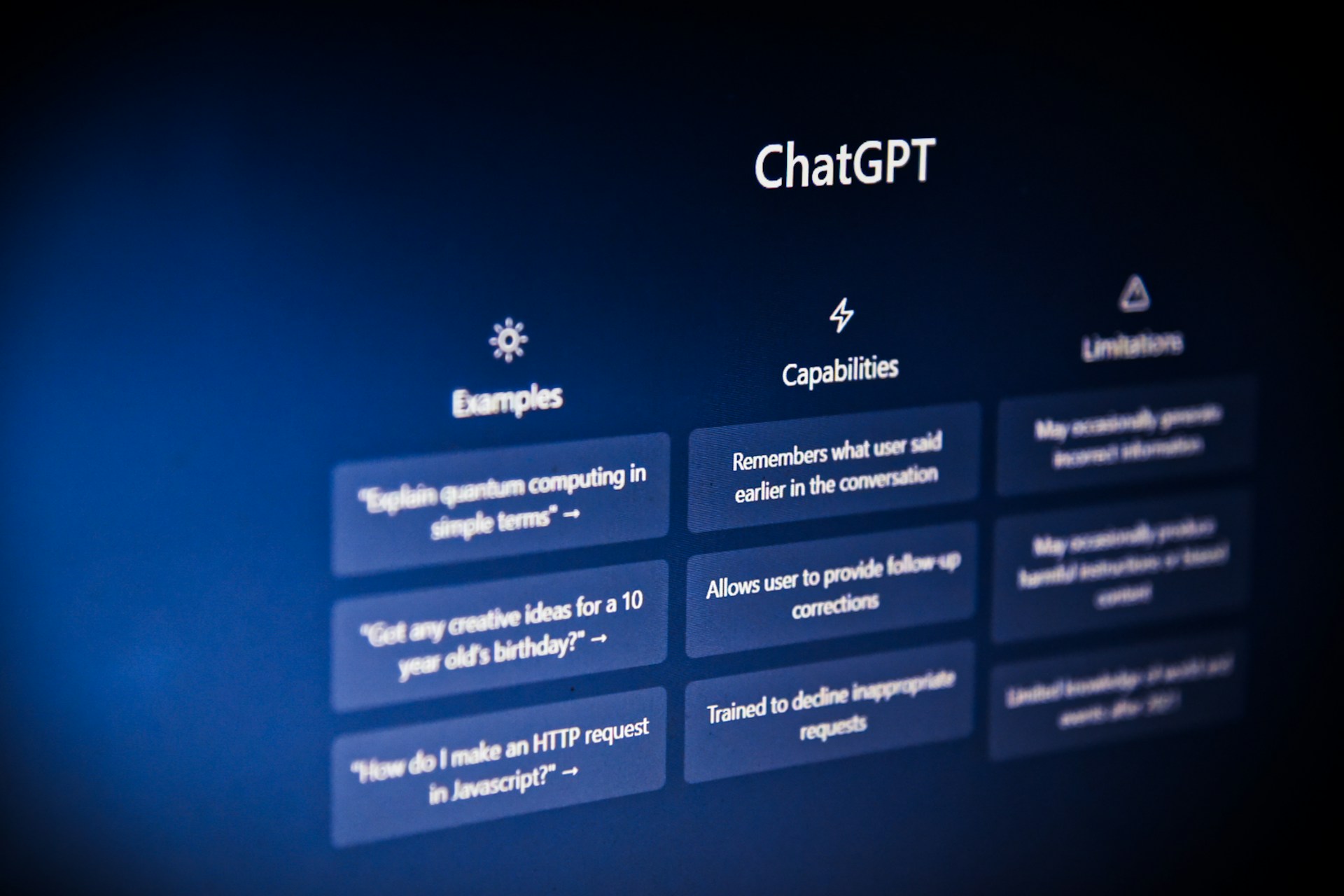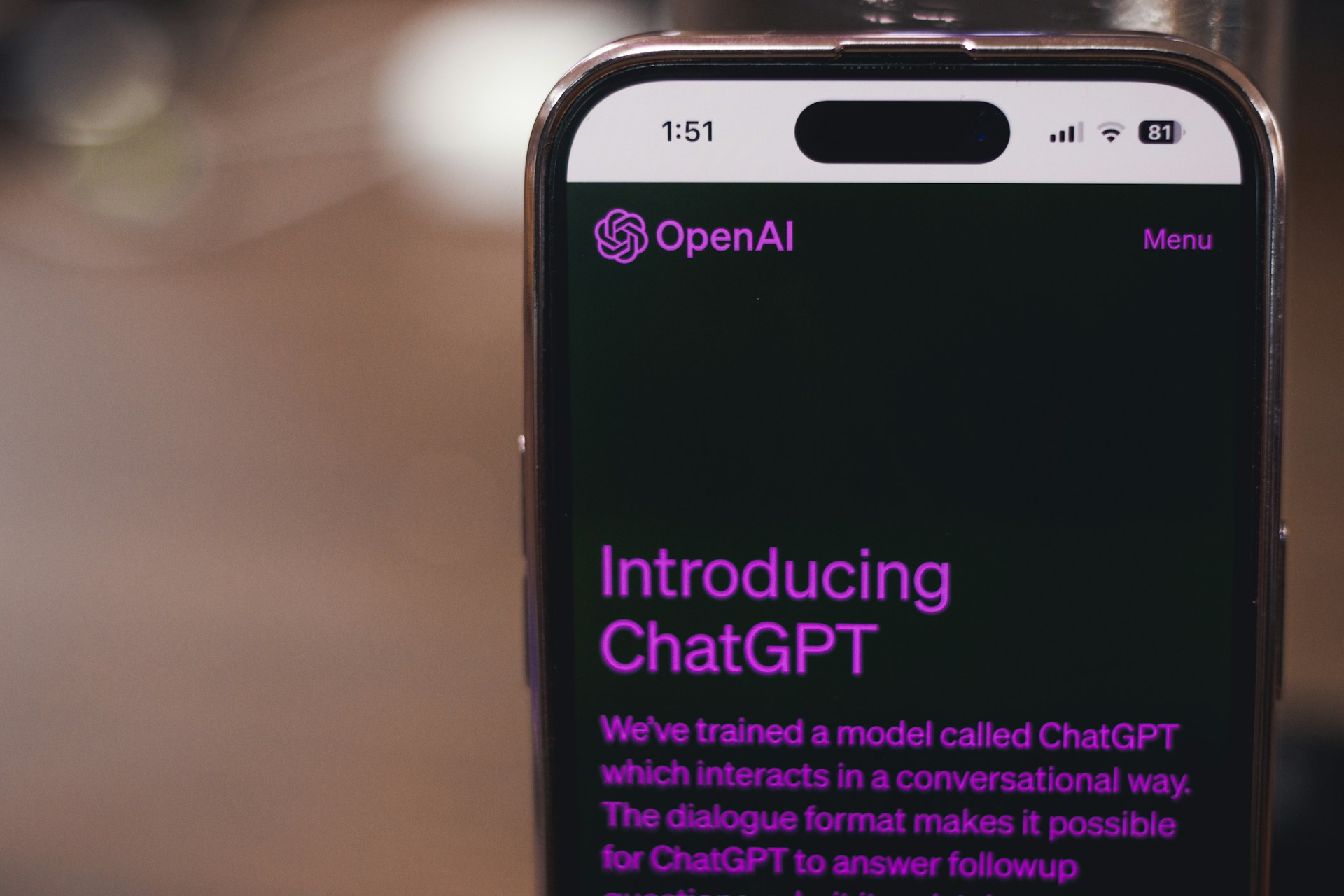Today, I completed my first bootcamp on Langchain. It is the most comprehensive course I have taken so far on AI application development using Langchain. I've started more than five such courses, but this was the only one I managed to finish, owing to its well-organized structure and valuable content. While it is theoretical in nature, as it doesn't delve into the actual app development process, it offers deep insights into the entire scope of Langchain.
Why Langchain?
LangChain is a modular framework for Python and JavaScript that simplifies the development of applications that are powered by generative AI language models. It provides a number of features that make it a valuable tool for AI application development, including:
- Ease of use: LangChain is designed to be easy to use, even for developers with no prior experience with LLMs. The framework provides a high-level API that abstracts away the complexity of working with LLMs, so developers can focus on building their applications.
- Flexibility: LangChain is a flexible framework that can be used to build a wide variety of AI applications. The framework supports a variety of LLMs, and it can be used to create applications that perform a variety of tasks, such as generating text, translating languages, and writing different kinds of creative content.
- Scalability: LangChain is designed to be scalable, so it can be used to build large and complex AI applications. The framework supports distributed training and inference, so it can be used to train and deploy LLMs on large datasets.
- Community support: LangChain has a large and active community of users and developers. This community provides support and resources for LangChain users, and it helps to ensure that the framework is constantly evolving and improving.
Overall, LangChain is a powerful and versatile framework that can be used to develop a wide variety of AI applications. It is a valuable tool for developers who want to build applications that are powered by LLMs.
Pros of bootcamp:
- Provides detailed sections on crucial aspects of Langchain development.
- Features collab notebooks with functional code for every section.
Cons of bootcamp:
- Does not cover the development of actual LLM apps.
- Lacks methods on evaluating the quality of your LLM application.
- While the code in collaborative notebooks is functional, it would be beneficial to include more comments.
Course URL:
Topics covered:
- Models - Input & outputs
- LLM
- Chat models
- Prompt templates
- Few shot prompt template
- Parsing outputs
- Serialization
- Data connections
- Document loaders
- Document transformers
- Text embedding
- Vector store
- Vector store - retrievers
- Multi-query retrieval
- Context compression
- Chains
- Simple sequential chain
- Sequential chain
- LLMRouter chain
- Transform chain
- OpenAI funtion
- MathChain
- RetrievalQA
- Memory
- ChatMessageHistory
- ConversationBufferMemory
- ConversationBufferWindowMemory
- ConversationSummaryMemory
- Agents
- Agent basics
- Agent Tools
- Custom tools
- Conversation agents
Relevant posts:

![[Step by step] How to build a chatbot using openAI, Langchain & Streamlit.](https://images.unsplash.com/40/OSASuBX1SGu4kb3ozvne_IMG_1088.jpg?ixlib=rb-4.0.3&q=90&fm=jpg&crop=entropy&cs=srgb&w=1920)
![[Review]](https://images.unsplash.com/photo-1633613286991-611fe299c4be?ixlib=rb-4.0.3&q=90&fm=jpg&crop=entropy&cs=srgb&w=1920)
![[Review] Langchain with Python bootcamp](https://images.unsplash.com/photo-1610223755176-f8c8c92e4ad8?ixlib=rb-4.0.3&q=90&fm=jpg&crop=entropy&cs=srgb&w=3840)

![[Hot take] End of Software?](https://images.unsplash.com/photo-1495055154266-57bbdeada43e?ixlib=rb-4.0.3&q=90&fm=jpg&crop=entropy&cs=srgb&w=1920)

![[Review] Langchain with Python bootcamp](https://images.unsplash.com/photo-1610223755176-f8c8c92e4ad8?ixlib=rb-4.0.3&q=90&fm=jpg&crop=entropy&cs=srgb&w=1920)
![[Guide] Anomaly detection algorithm](https://images.unsplash.com/photo-1594904351111-a072f80b1a71?ixlib=rb-4.0.3&q=90&fm=jpg&crop=entropy&cs=srgb&w=1920)




![[Review] AI worskhop for Senior PMs](https://images.unsplash.com/photo-1677442135703-1787eea5ce01?ixlib=rb-4.0.3&q=90&fm=jpg&crop=entropy&cs=srgb&w=1920)






![[Guide]](https://images.unsplash.com/photo-1506555191898-a76bacf004ca?ixlib=rb-4.0.3&q=90&fm=jpg&crop=entropy&cs=srgb&w=1920)
![[Essay] A strange A/B test](https://images.unsplash.com/photo-1545830384-3a2061eb44ed?ixlib=rb-4.0.3&q=90&fm=jpg&crop=entropy&cs=srgb&w=1920)